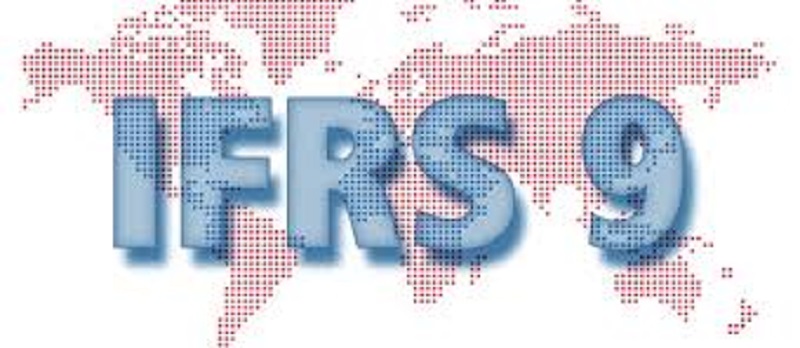What Your Organization Needs to Know to Achieve IFRS 9 Compliance

That being said, a major challenge to maintaining compliance is the fact that accounting standards are constantly changing. With the recent shift of the now-defunct International Accounting Standards 39 (IAS 39) to International Reporting Standards 9 (IFRS 9), there are new requirements that must be met once more.
Perhaps one big difference between IAS 39 and IFRS 9 is the fact that accounting practices now have to be more realistic and need to consider future risks compared to before. IFRS 9 also directly influences how banks and other financial institutions worldwide write their financial statements. When a more forward-looking approach is used for accounting practices, previous mistakes that have led to recessions in the past can be corrected, strengthening the financial industry as a whole. But what do you need to know before you start the IFRS 9 application process for your organization?
Biggest Challenges to Expect in the Process
Achieving IFRS 9 compliance is a challenging but necessary process. Implementing the new requirements may require a complete assessment and overhaul of your organization’s current framework. In particular, your company’s modeling, operational, and financial departments will have the most challenges to overcome.
Firstly, how you model your financial practices will be one of the first things affected by the IFRS 9 changes. Up until a certain point, many models followed Basel III requirements in the aftermath of the 2008 recession. Currently, these are no longer sufficient.
To address this, IFRS 9 models require real-time assessments that take into account comprehensive forward-looking data like expected losses over a lifetime and macro-economic forecasts. An initial in-depth assessment of your organization’s assets will be needed to implement these models.
Moreover, you need to ensure that your organization possesses the framework to operate these models. Given how intensive IFRS 9 models can be, they will require high-performing production engines to run them. You will also need to assess your company’s infrastructure and adjust it accordingly to maintain compliance. Additionally, the operational requirements will involve strict control and governance from senior management to manage these systems.
And because your organization will feel the financial impact of implementing these new changes, your financial planning and strategies will need to be reassessed as well. Since all accounts must be audited to include expected losses, you might find that your organization may be earning less money than you initially anticipated. Therefore, you need to plan workarounds for the financial impact of the new requirements long before your organization expects to “go live” with them.
Phases of IFRS 9 Compliance
To ensure that everyone in your organization is prepared for IFRS 9 compliance, you must take the time to familiarize yourself with the different phases of the implementation process.
The first phase includes a principle-based approach for classifying and measuring your financial assets. As rule-based methods are insufficient under the IFRS 9 guidelines, it is essential to determine how much your current models have to change. This leads to the second phase where the new expected loss impairment model is introduced. New practices for writing financial reports, providing loans, and other processes need to be implemented under this model.
The third and final phase includes a new form of hedge accounting that is more aligned with financial risk and is therefore managed with this in mind. People can therefore be better informed about risk management and the effect of hedge accounting whenever they receive their financial statements.
Benefits of IFRS 9 Compliance
Achieving IFRS 9 compliance can be an extremely difficult process, especially for organizations that are not prepared for it. However, it is worth doing if you want to remain competitive and recognized in the financial industry. IFRS 9 compliance means that your organizational data resources and procedures are centralized, your impairment methodologies are simplified, and your financial reporting is more realistic and automated. Overall, being IFRS compliant also ensures that your organizational practices are consistent and transparent with new regulations.
Learning to overcome the challenges of each phase in the IFRS 9 compliance process also improves the performance of your senior managers. With the ever-evolving nature of the finance industry, it is essential to have leaders in your organization who are well-versed in new requirements, careful with implementation processes, and forward-thinking with decision-making. The process is far from easy but having adaptable team members spearheading the procedure can ensure the future success of your organization.
While the process is far from easy, your company does not have to go about achieving IFRS 9 compliance by itself. You can collaborate with compliance experts who can provide solutions for overcoming the challenges that come with meeting these new requirements. Whether you choose to develop the infrastructure on your own or deploy an existing solution to meet IFRS 9 goals, you can rest assured that the benefits will be worth all of the hard work.
























